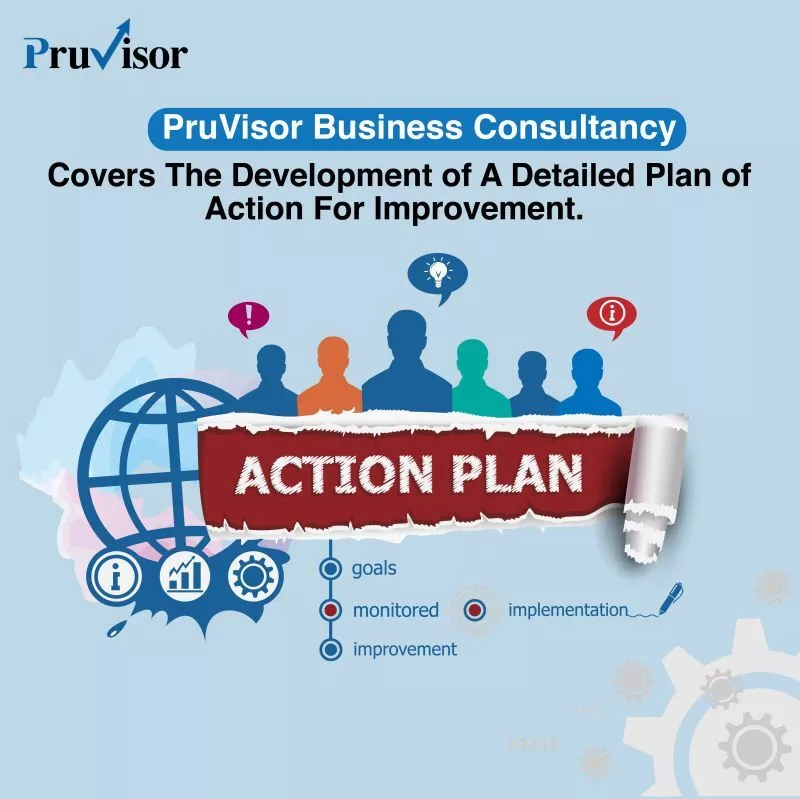How to Work With a Law Firm and How to Deal With Clients

If you’re going to become a lawyer, it’s important to understand the differences between a law firm and a solo practitioner. It’s also important to know how to work with a law firm and how to deal with clients. Seeking the best wills and probate lawyers in Melbourne?
Work in a law firm
You need to consider your goals when you are considering a career in law firms. You may be interested in working with specific types of clients, or you might want to specialize in a certain area of the law. You might want to concentrate on firms with global presence if you are just starting out.
Besides paying you well, your success in a law firm can be defined in many ways. You might be able, for example, to progress your career at a law firm that offers professional development opportunities. You might also find that your work is recognized with stock options and reimbursements.
Choosing a law firm that fits your needs will help you to achieve a better balance between work and life. It is important to find a law office that you like.
A law firm’s culture can have a profound impact on everything. It includes shared values, beliefs, and behaviours. Ask questions about the culture of a law firm if you are considering it.
High-pressure environments are common in law firms. To make it through, you’ll need to learn to handle pressure and meet deadlines.
While there’s no one right way to fit in, you’ll find that a law firm’s culture can greatly affect your satisfaction with your job. Some firms have a strong emphasis on work/life balance, while others value individualism.
It can be difficult to define a firm’s culture. That’s because it encompasses so much more than shared ideas and values.
Legal issues
Legal problems have become more ubiquitous in the business world. Lawyers are being used in a variety of ways as more businesses reinvent themselves as mashups. Those slick lawyers and law firms are becoming part of a bigger pool of resources. Rather than relegated to the corner office, they’re tasked with solving the most pressing issues faced by business.
Technology and law have combined to create a new world of opportunities for consumers and professionals. The rise of alternative legal service providers, and the subsequent proliferation of “alternatives” are two of the most notable trends. In some cases, it is more important to have a savvy attorney than it is to rely on a slick office drone.
Avoiding a problem is the best way to avoid it. Identifying the most likely areas to encounter issues will help your business to avoid litigation, or at the very least, get them off your plate in the first place. It is equally important to ensure that your business structure is correct. This can save you thousands in the long-term.
It’s also worth noting that a plethora of technologies, ranging from cloud computing to artificial intelligence to social media, are empowering both lawyers and consumers. Moreover, technology is enabling the legal industry to be more efficient and effective. The industry is better equipped to meet increasing customer demands.
Client relations
Dealing with clients is a necessary component of any law firm. It is possible to build a positive relationship with clients by educating and dealing with them.
Establishing ground rules is one of the best ways to communicate with clients. This could include expectations regarding how to answer calls and what to expect during meetings. If your client fails to follow these rules, the relationship could end.
In addition to setting ground rules, attorneys should also educate their clients on the legal processes. This can alleviate their concerns about the status of their files and can build a solid rapport.
Active listening is a key skill to developing a good relationship with a client. A successful lawyer will pay close attention to non-verbal cues such as body language, facial expressions, and eye contact.
Empathy can also be a valuable tool. It can be a great help in stressful situations. A mirror strategy can also be used to ask your client questions and educate them about how to handle certain situations.
As a lawyer, you should also know the best way to give clients the best possible legal service. The best way to do this is to listen, explain your thoughts, and be honest about your opinions.
It is also a good idea to set some rules about when you can respond to emails. It’s not always possible to answer clients’ emails during a busy day. Therefore, it is a good idea for you to tell your client that you will not be able to reply to their emails until later in a day.
Potential for confusion
If you are a solo practitioner, it is important to not go too far in sharing an office space. There are many things you can do to help you navigate the legal maze. These are the top practices. The first is the most obvious: ensure that you’re not stumbling in the dark. Next, be sure to include signage at the entryway that makes the appropriate legal senses on display. You can also improve your copywriting skills. You’ll want to maintain open communication between yourself and your coworkers. There is nothing worse than losing a legal battle.
You’re likely to be a little too exposed in all aspects of your life. However, a little planning can make a big difference. This is especially true for your legal team. If you’re sharing an office, be sure to include the following in your employee handbook: a written policy statement on “no lawyers on premises”; “no solicitors;” and “no non-lawyer employees.” Hopefully, the aforementioned policies will keep you and your staff on the right track. Whether or not you’re renting an office, be sure to keep up with current court proceedings.
Two-tiered partnership models
In many large and medium-sized law firms, two-tiered partnership models are becoming more common. These structures give associates more time to determine if a partnership is the best career path for them. Often, firms will reward lawyers who have already established a strong record of work and who have brought in the most business.
In these models, attorneys are given an equity interest in the firm. This gives them the ability to hire and fire lawyers, evaluate other lawyers and run the company. However, they must also prove that they are willing to contribute to the firm’s success.
Firms that employ this model typically offer different incentives for equity and non-equity partners. Equity partners receive salaries and a performance bonus. Non-equity partners are paid a fixed salary, but have limited voting rights in the firm.
A two-tier structure allows firms to retain talented senior lawyers, while giving more time for younger lawyers to demonstrate their value. The model can allow attorneys to set their own rates, avoiding the hassle of billing quotas. It can also provide alternative fees for firms that have different pricing practices.
Many of the nation’s largest law firms have adopted the two-tier partnership model. Some are considering a complete overhaul of the model, while others have changed their partnerships to include multiple levels.
While a multi-tiered model may provide advantages for firms, it can lead to a disproportionate skew towards men and non-minorities. It raises concerns about the independence of individual lawyers and the long-term viability of professional self-regulation.
Relationships of “of counsel” between mutual parties
There are two primary reasons why you might associate yourself with a firm of attorneys. Firstly, it is a good way to ensure that you get access to information about a client’s files. You may also be able to learn about a new area of practice without paying an attorney’s fees. But if you are going to go down this route, be sure to put your name on the dotted line first.
One of the most interesting aspects of the association is that it allows you to be part of a diverse network of lawyers. This may be a good thing, as it is a way to learn from colleagues and improve your chances of becoming a successful litigator. However, there are drawbacks, as well. For example, it may be hard to get the full scoop on matters such as insurance coverage disputes. In some cases, you will not even be able to get an answer to your question, which is unfortunate because, you will miss out on the opportunity to learn what you need to know.
It is also very difficult to keep a handle on which of your colleagues is on the ball and which is not. If you are planning to retire from full-time practice, you might want to consider the above scenario. You might also be interested in pro bono representation for low-income clients.





